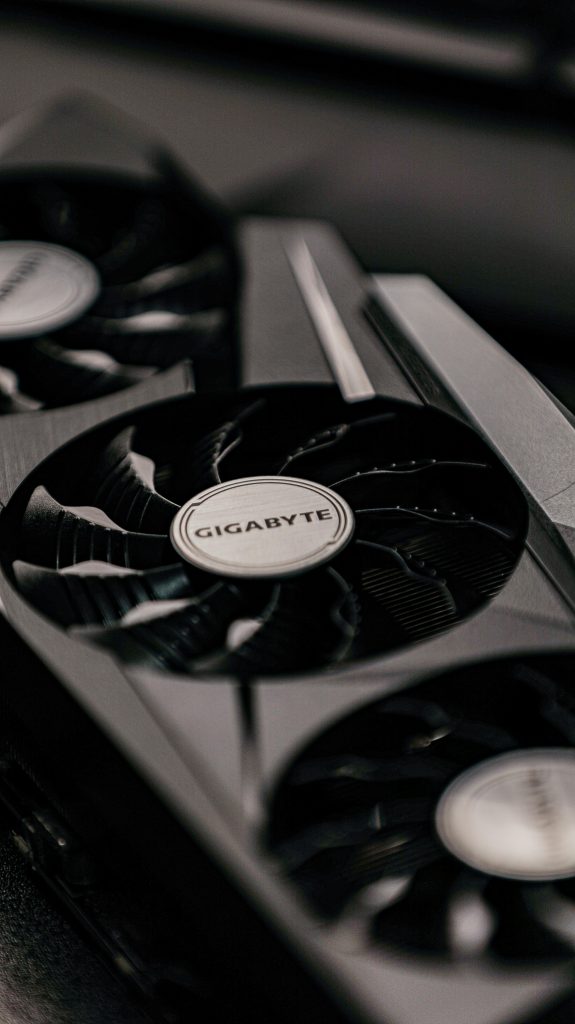Understanding Long Boot Times After Unplugging Your Computer: Is It Normal?
For students and professionals who rely on laptops for daily tasks, experiencing extended boot times can be frustrating. If you notice that your computer takes several minutes to start up after being unplugged for a period, you’re not alone. Let’s explore whether this behavior is typical and what potential causes might be behind it.
Common Causes of Prolonged Boot Times After Unplugging
-
Power State Transitions
When a laptop is unplugged and operates on battery power, it may switch to different power management modes. Waking up from a completely powered-down state (cold boot) can sometimes take longer, especially if the system performs hardware checks or drives-intensive startup processes. -
BIOS and Firmware Settings
Certain BIOS or UEFI configurations can influence boot times. Features such as full hardware scans or diagnostic checks on startup might cause delays, particularly if settings are optimized for battery savings or are improperly configured. -
Hardware Checks and Diagnostics
Some systems run extensive self-tests during startup to ensure hardware integrity, which can extend boot times. This is often seen after abrupt shutdowns or if the system detects hardware inconsistencies. -
Storage Drive Performance
The type and health of your storage device play a significant role. Traditional HDDs may take longer to initialize compared to SSDs. If your drive is nearing capacity or has errors, it might also contribute to slower boot times. -
Background Processes and Updates
Sometimes, background processes, system updates, or security scans initiate during startup, adding to the overall time required to reach a usable state.
Is This Normal?
While a delay of 3-4 minutes might seem excessive, occasional longer boot times aren’t uncommon, especially if your system undergoes certain checks or if there are specific system configurations in place. However, consistent and significantly prolonged boot durations warrant diagnosis to identify underlying issues.
Tips to Improve Boot Times
- Check Power Settings: Adjust power plan settings in your operating system to optimize startup performance.
- Update Firmware and Drivers: Ensure your BIOS, drivers, and system software are up-to-date.
- Perform Hardware Diagnostics: Use built-in tools or third-party software to check the health of your storage device and RAM.
- Manage Startup Programs: Limit unnecessary programs that start automatically to reduce load during boot.
- Consider Hardware Upgrades: Upgrading to an SSD or ensuring sufficient RAM can significantly improve startup speed.
When to Seek Professional Assistance
If your computer’s
Share this content:



